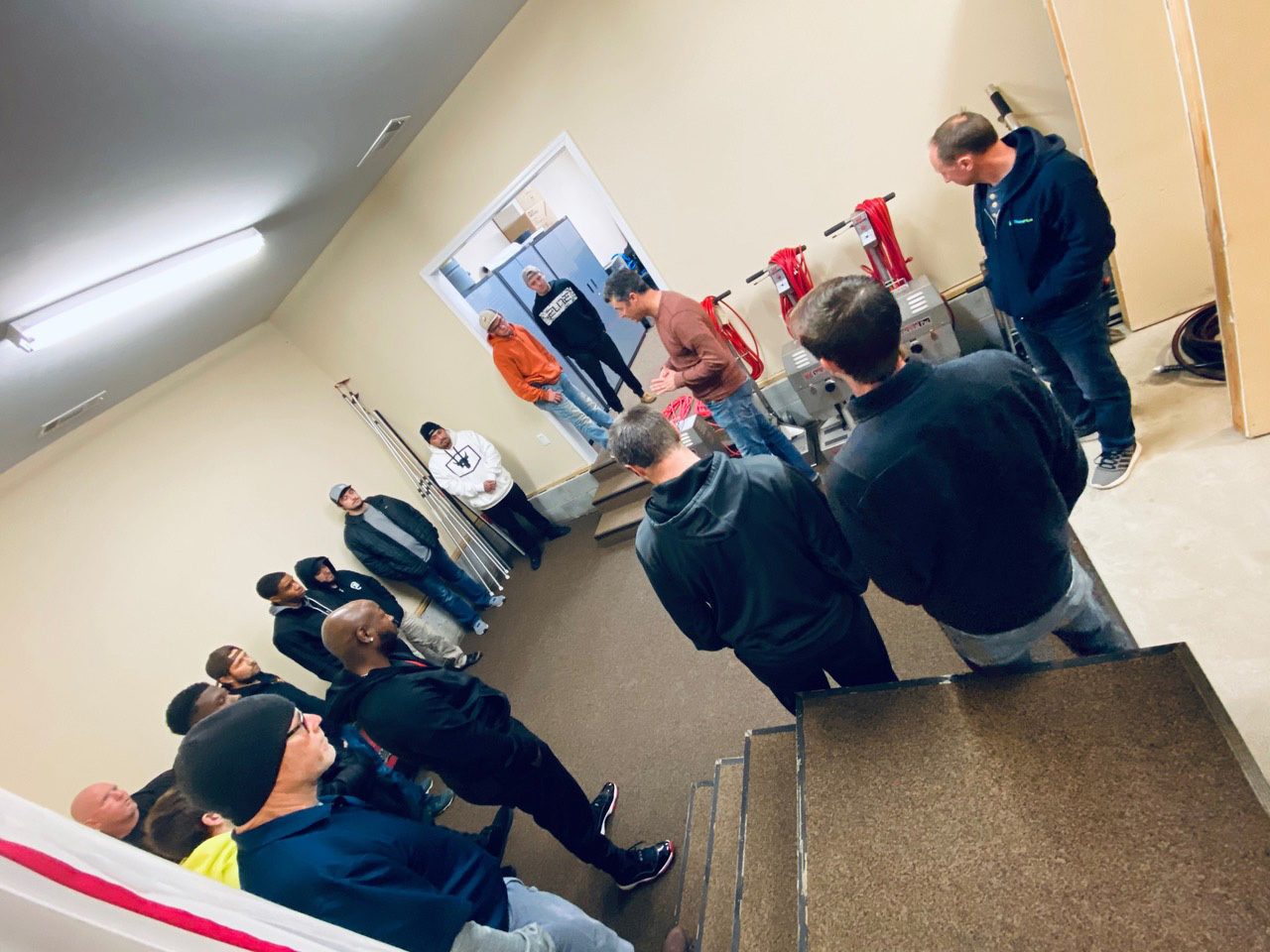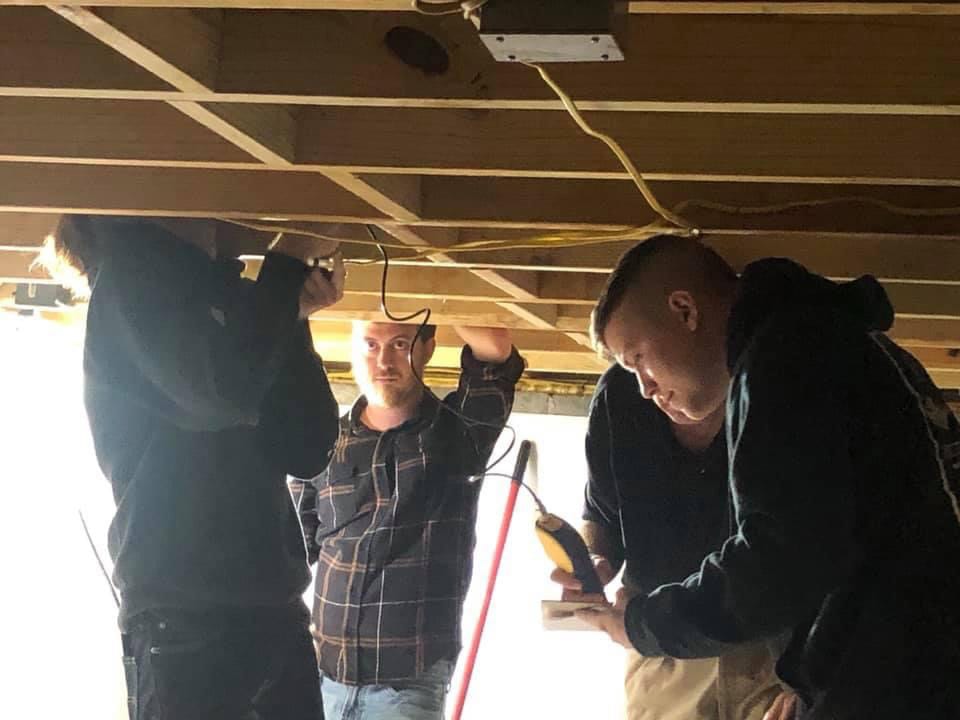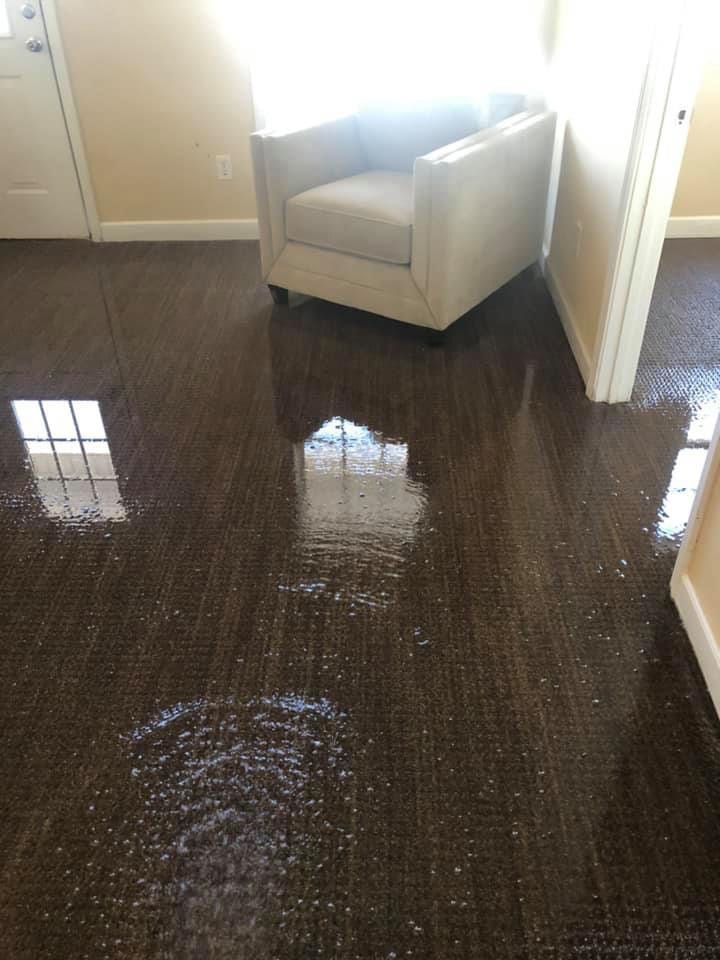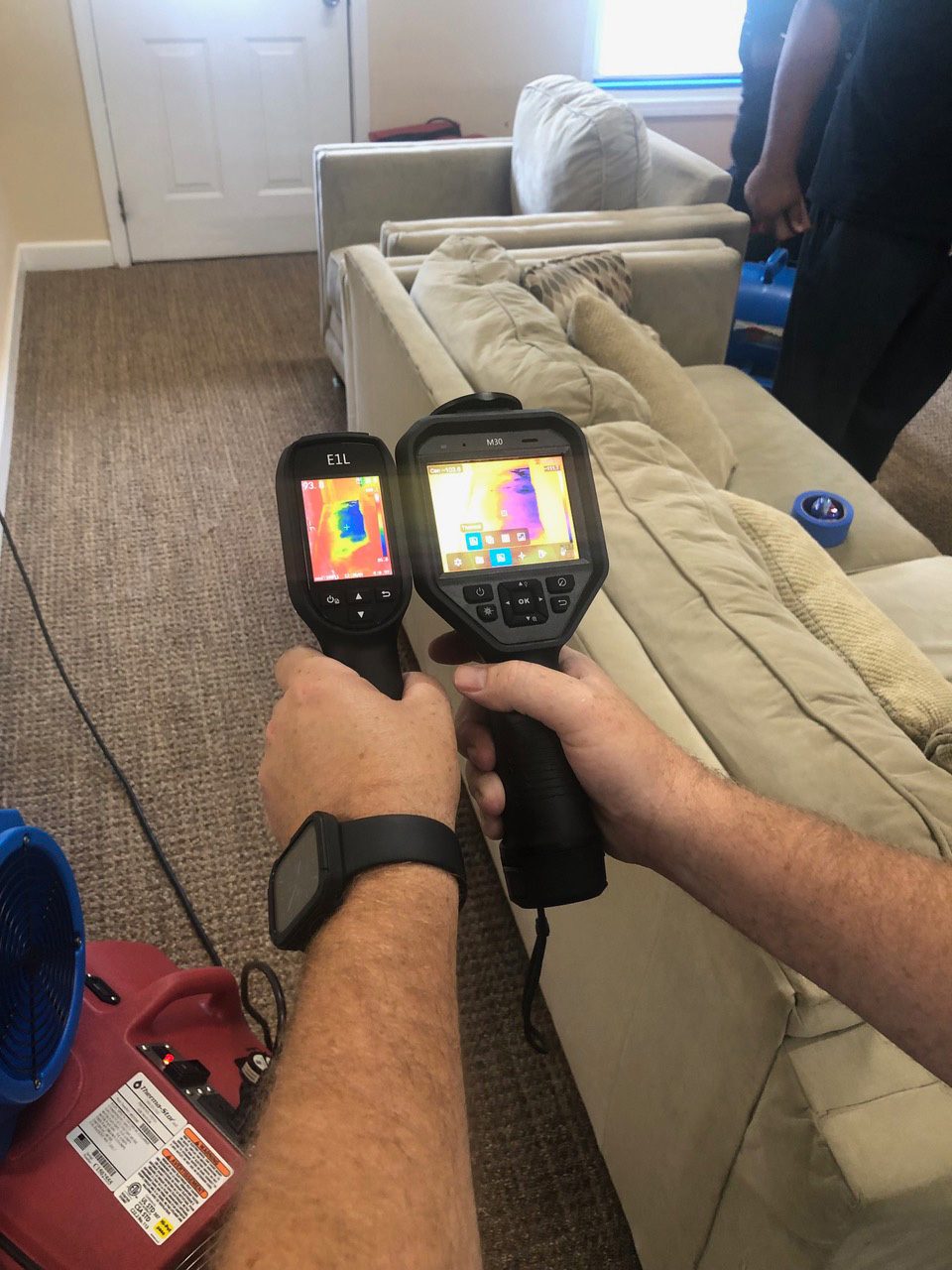Turn Your Staffing Challenge Into Epic Opportunity
Hands-On Education:
Photo credit:Michael Blann/DigitalVision via Getty Images
By Jeremy Reets
Ask any restoration business owner what their top concerns are, and without a doubt staffing is going to be on the list. With staffing issues come quality concerns. They go hand in hand. At the same time that we are struggling just to get enough personnel on staff, customers are becoming more quality sensitive.
As an industry, we must perform at a higher level than ever before with less qualified people than we’ve ever had. That is the restoration industry’s staffing challenge.
Companies that bring on new staff and quickly get them to a high level of competency will be the ones to dominate their market. So, how do you increase the competency of your staff quickly and dominate your market? Hands-on training is part of the solution!
Why hands-on training? We learn by doing. I have two sons who rode in the car with me for 15 years. They observed me driving. They heard me explain the laws. Without doubt, they needed that instruction to get ready to drive, but they were absolutely not ready to drive! Like the rest of us, they had to get in the driver’s seat to learn to drive. Learning water restoration is much the same. Today we have two primary education strategies: Online and in-person courses.
Online learning is more abundant and effective than ever before. Clearly, it is a fantastic way to learn and one you must employ. It’s fast, convenient and inexpensive, but the techs still need to get their hands on the work. Knowing this, many companies have found great success in combining online training with on-the-job training to get that critical hands-on experience. When you can provide this one-two punch, you will dominate!

All images provided by Reets Drying Academy unless otherwise noted
The challenge you may face is not being able to get techs into a position to put their training to work through hands-on practice right away. In these cases, the results of training will come slower. In some cases, so much time goes by that what was learned in an online course is forgotten before it is ever used in the field.
Hands-on education facilities offer an experience where a student is exposed to the necessary instruction in person, and then given the opportunity to use that instruction in a very short window of time. This formula helps to bring students to an elevated competency level through well-rounded education very quickly. This is a formula that works! Not every hands-on educational experience is equal though.
What should you look for in hands-on education when training your team to dominate?
Hands-on experiences are key. But what experiences will your techs get when they attend a course? You should be asking that question.
When you attend hands-on water damage courses, schools have what are referred to as “flood houses.” These are structures specifically designed to give students the opportunity to experience a water loss.
Setting air movers, dehumidifiers and air filtration devices in a water-damaged flood house gives them the opportunity to apply what they learned about calculating equipment needs and proper placement. That’s just the beginning.
Some flood houses give students the opportunity to dry hardwood floors and saturated wall assemblies using a variety of equipment they may rarely get the opportunity to use in the field. Drying a crawlspace is another skill that students may learn about in lecture sessions, but need hands-on experience to really be ready in the field.

Proper moisture reading techniques that empower techs to seek out wet materials instead of just documenting easy-to-dry materials is a required skill. Hands-on experience using a variety of meters and attachments on different types of assemblies will give technicians that skill for use in the field.
The best hands-on water damage schools provide unique experiences to test drying equipment, build floor and wall assemblies, analyze documentation, utilize new equipment, and experiment with new drying techniques to help build drying competency in a short period of time.


How does this translate into epic opportunity? The restoration industry is growing rapidly. Natural disasters and water loss opportunities are happening at a greater pace than ever before, yet employees competent to complete the work are more and more difficult to find.
As this trend continues, the companies that will prove most successful are the ones that are able to maintain existing employees and build competency rapidly in new personnel. The use of online training coupled with hands-on education is the fastest way to bring your team to a level that will allow you to capitalize on this epic opportunity.
Jeremy Reets started working in water restoration in the family business in 1990. In 2005, Reets opened Reets Drying Academy and a flood house south of Atlanta to provide water damage restoration education. Reets and his siblings also own Champion Cleaning Systems, Inc., the water damage mitigation company that his family started in 1970.

